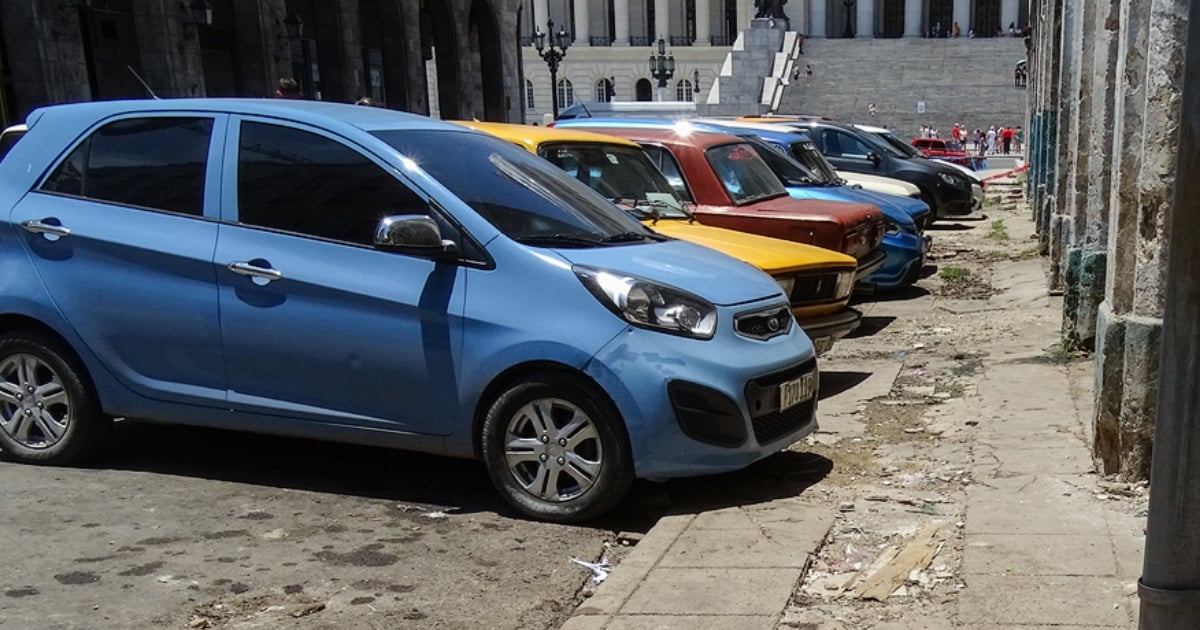In August 2024, Cuba allocated funds for importing used vehicles from the United States that were 46 times higher than the amount spent on food imports, according to a report by the blog Economic Eye On Cuba (EEOC) and cited by the independent media outlet El Toque.
Relying on official data from the U.S. Department of Commerce and other government sources, the report highlights that Cuban Micro, Small, and Medium Enterprises (MSMEs) purchased used vehicles worth $8.68 million. However, despite the island's ongoing food crisis, food imports—including turkey, eggs, chickpeas, beans, lentils, and safflower oil—totaled only $176,682.
Focus on Vehicle Imports by MSMEs
These vehicle purchases are made exclusively by private entities, primarily MSMEs, which were authorized by the U.S. to import vehicles in 2023. Even though there was a slight drop in the total exports of goods and services from the U.S. to Cuba—from $39.9 million in August 2023 to $37.7 million—the trade between the two countries still saw a 20% year-over-year increase.
Licensing and Export Regulations
It is important to note that the U.S. Department of the Treasury issued licenses to Miami entrepreneurs to send vehicles, agricultural machinery, and even trailers to Cuban self-employed workers, with a cap of $10 million. These licenses enable the export of used cars, trucks, tractors, and minibuses, but exclude Cuban government agencies from participating.
Eduardo Aparicio from Apacargo Express explained that these shipments cater to small and medium businesses, which must cover taxes and logistics fees to complete their imports.
Cuba's Continuing Struggles
Cuba remains a significant market for U.S. exports, ranking 46th among 222 markets in the agricultural and food sector, despite the financial challenges posed by sanctions. Yet, the Cuban population continues to grapple with a harsh reality marked by limited access to food, high prices, and low wages.
